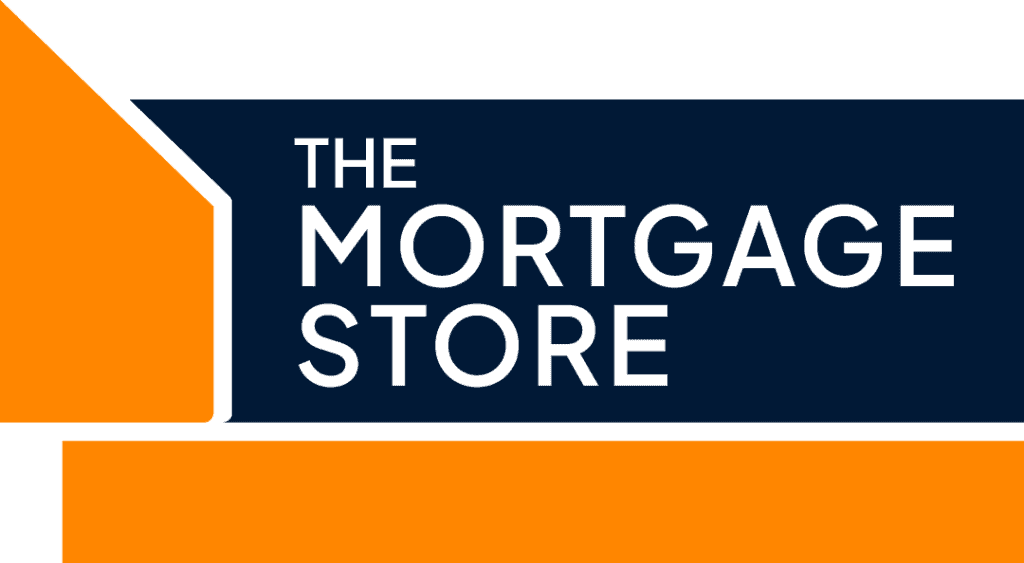Remortgaging with Bad Credit
- Expert Mortgage Advisers
- Thousands of Mortgage Products Available
- See if we can help you find the right deal.
Get in touch for a free, no-obligation chat with an adviser about how we might be able to help.
Home » Remortgage » Remortgaging with Bad Credit
When it’s time to get a new mortgage deal, your credit rating is important. If you’ve had credit problems since starting your mortgage, you may find it more difficult to get a good deal. The Mortgage Store can help you explore the options.
Why do people remortgage?
The main reasons to get a new mortgage are to save money or release funds from equity. It’s also important to remortgage if the end of a fixed rate deal is coming up, because when it ends, you’ll move to your lender’s standard variable rate. This is an expensive way to borrow and will increase your monthly repayments by quite a bit.
Whether you remortgage with your current lender or approach other mortgage companies, you will also need to have your credit checked.
Can I remortgage with a bad credit rating?
If your credit rating has been affected by debt problems in the last six years, it’s harder to find a good remortgage deal.
It does depend on how serious the credit issue was though. A late payment or two shouldn’t be a big problem, but a County Court Judgement (CCJ) or a Debt Management Plan will seriously affect your credit. The more recent the issue, the more challenging it is to find a lender. Your current mortgage provider is as likely to decline your application as a new company.
You can get a mortgage with a bad credit rating in many situations but these will have higher interest rates – so the repayments on your mortgage will be more expensive.
What are the options to remortgage with bad credit?
The Loan to Value ratio of your mortgage is important. If your loan amount is less than 75% of the property value, your credit rating won’t be so significant to the lender. It will also help if your income has increased since you took out your mortgage.
Many people with a poor credit history benefit by taking out a joint mortgage with someone who has a good credit score. Their rating will help boost yours, and your joint income makes you more appealing as customers.
For other people, it pays to wait before seeking a remortgage. Once the debt is a couple of years behind you, it’s easier to get a mortgage approval, especially if you’ve improved your credit reports in the meantime.
It may also be worth an honest conversation with your existing lender about the issue and the steps you are taking to address it.
How can I improve my credit rating?
With any kind of debt, you need to repay the money owed as soon as possible. It is easier to get financial products once your debts are settled.
Increasing your credit score is about demonstrating that you can borrow responsibly. You must pay every bill on time and stay within your credit limits.
Credit cards for those with bad credit are a potential option to help you rebuild your score. Spend small amounts with these and clear the balance each month to prove that you’re committed to paying debts promptly.
Can remortgaging help me manage my debts?
Some people choose to use the equity in their home to consolidate and repay their debts. Your mortgage needs to be considerably smaller than the value of the property for this to work.
With bad credit, it may take time to find a lender that will be happy for you to extend your borrowing. You also need to be certain that your new mortgage payments will be affordable. Whether you can find a mortgage lender will depend on your specific situation, so you should seek advice based on your situation.
How can a Mortgage Broker help?
At The Mortgage Store, we have lots of experience of supporting people with bad credit. By exploring your credit file and all the details of your situation we advise you on the most appropriate options.
We will explore the available deals from specialist lenders that are most likely to accept your application. Some products are only available through brokers. When you have bad credit you need to avoid applying for numerous loans, as this can further damage your rating.
We will support you through the mortgage application process and keep in regular contact with you as the loan goes through, helping you every step of the way..
Your property may be repossessed if you do not keep up with your mortgage repayments.
Useful Links
- Remortgage
- Remortgage for Debt Consolidation
- Remortgage for home improvement
- Remortgaging with bad credit
- Remortgaging to release equity
- Remortgaging prior to product expiry
- How does the fluctuating interest rate affect
- Help to buy remortgage
- Mortgage Types
- Documents required
- Insurance
- Media & Insights
- Mortgage Calculator
- Contact
- Conveyancing
- Check my File
Why The Mortgage Store?

Exclusive rates you won’t get directly from lenders

With you every step of the way






